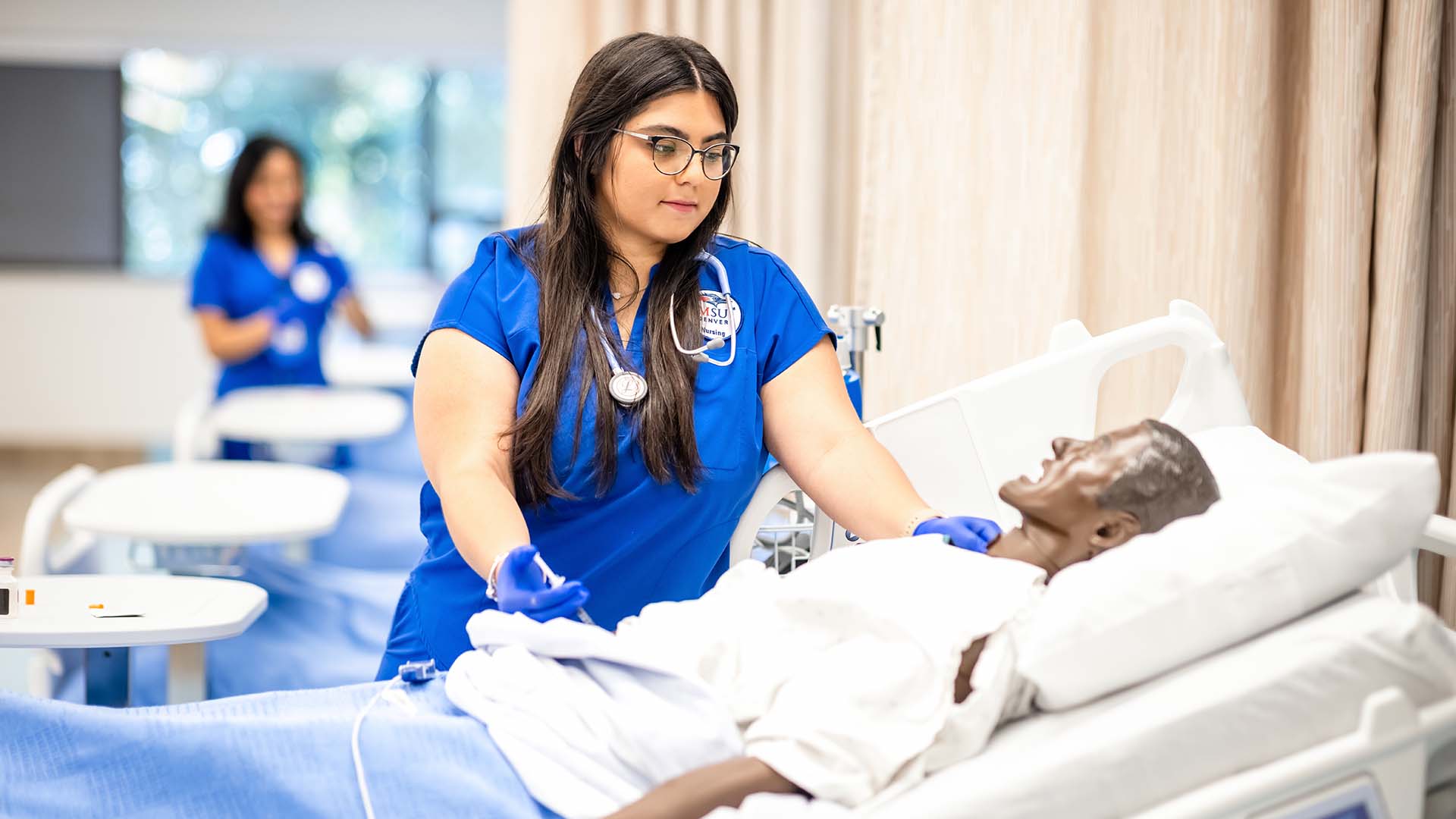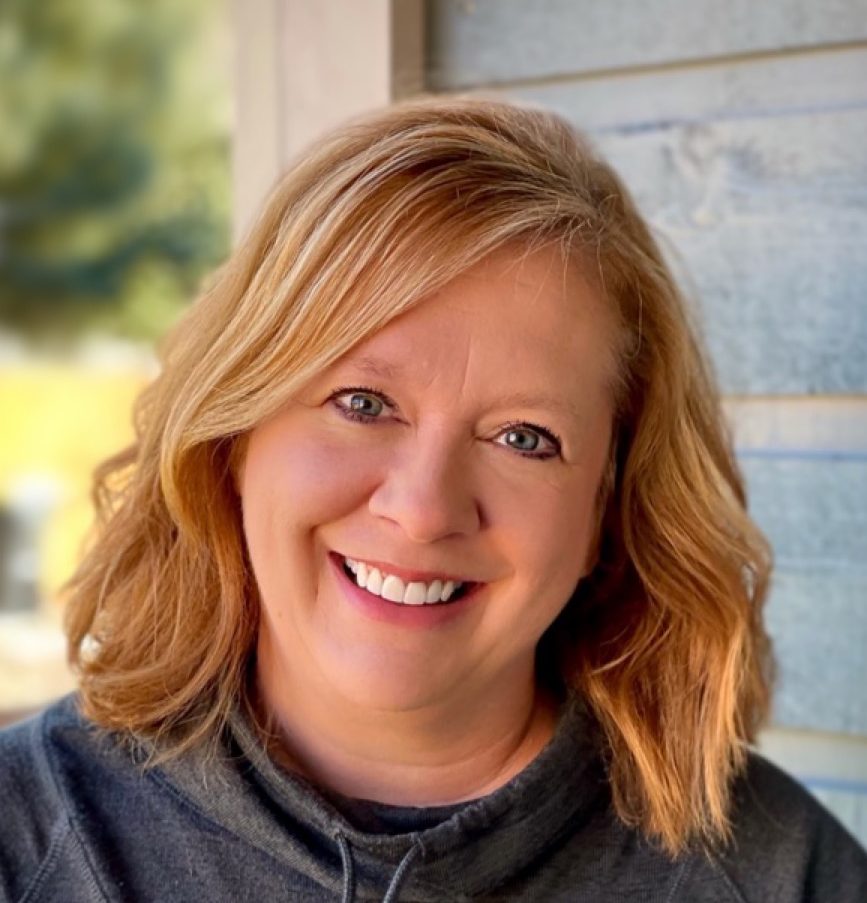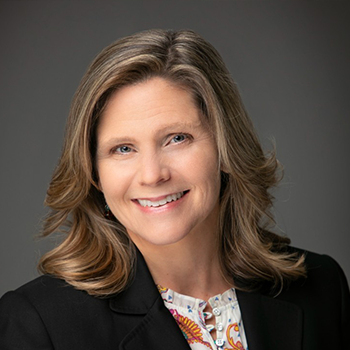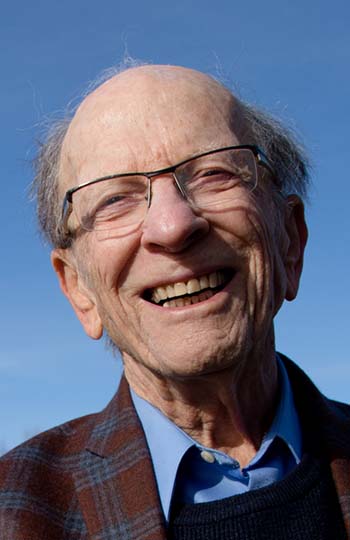MSU Denver tackles critical shortage of elder-care workers
Coloradans are getting older, but caregivers are in short supply. A new program in aging services will help to replenish jobs lost during the pandemic.
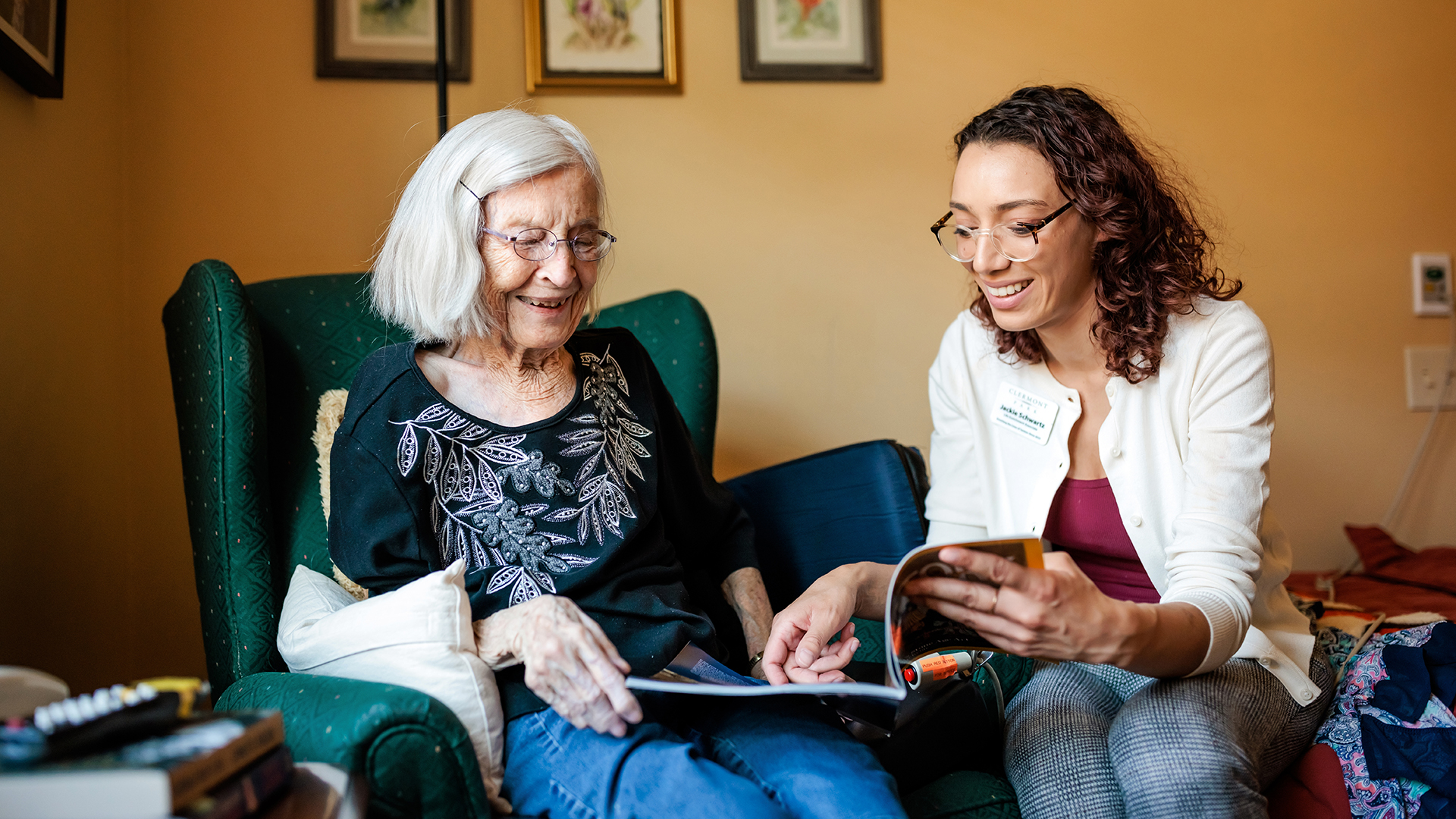
Colorado’s population is trending older. At the end of last year, the state was second only to Alaska for the fastest growth among the 65-and-older demographic. By 2050, Colorado’s number of older adults is expected to more than double to 1.7 million.
Yet there’s no sign of an end to the state’s alarming shortage of caregivers for its aging citizenry. To help meet the growing demand, Metropolitan State University of Denver will launch an undergraduate major in Aging Services Leadership this fall. The new degree’s emphasis on direct-care expertise and business management will provide students with an experience not found in the region or outside of graduate-level programs.
It’s a strategic move to answer a critical workforce need, along with an appeal to a sense of shared humanity.
“Everyone has a right to a peaceful last season of their lives,” said Amy Dore, professor in MSU Denver’s Department of Health Professions. “When you have (an aging population combined with a staffing exodus), who’s left to care for folks? That’s what we’re hoping to answer.”
And whether the setting is in-home care, assisted-living facilities providing supplemental aid or round-the-clock nursing-home services, the No. 1 challenge of the industry is growing the workforce, said Doug Farmer, president and CEO of the Colorado Health Care Association and Center for Assisted Living, a nursing and assisted-living trade group.
“That is our struggle, to build and sustain staffing where the personal touch and quality of employee is so important,” he said. “These are people responsible for the lives of vulnerable human beings.”

Jackie Schwartz is one of those people. The Public Health senior recently parlayed an internship into a full-time job with the Clermont Park Senior Living Community while still in school. And though the opportunities in aging services are indeed plentiful and well-paying, with discipline-dependent starting salaries averaging north of $75,000, it’s a profession powered by the heart.
“It’s an incredibly personal experience,” Schwartz said. “We are working in people’s homes. We meet families, grandkids and great-grandkids. It’s a huge honor to spend someone’s final section of life with them and accompany them on that journey.”
The aging-services infrastructure was hit hard by the Covid-19 pandemic. Nationally, the long-term-care industry lost 307,000 long-term-care jobs between February 2020 and this past December. Reverberations of the shock are still being felt today, with Colorado experiencing a record 13 nursing-home closures in the past six months, Dore said.
“If we’re not prepared in seven years, we’re going to be in big trouble,” she said.
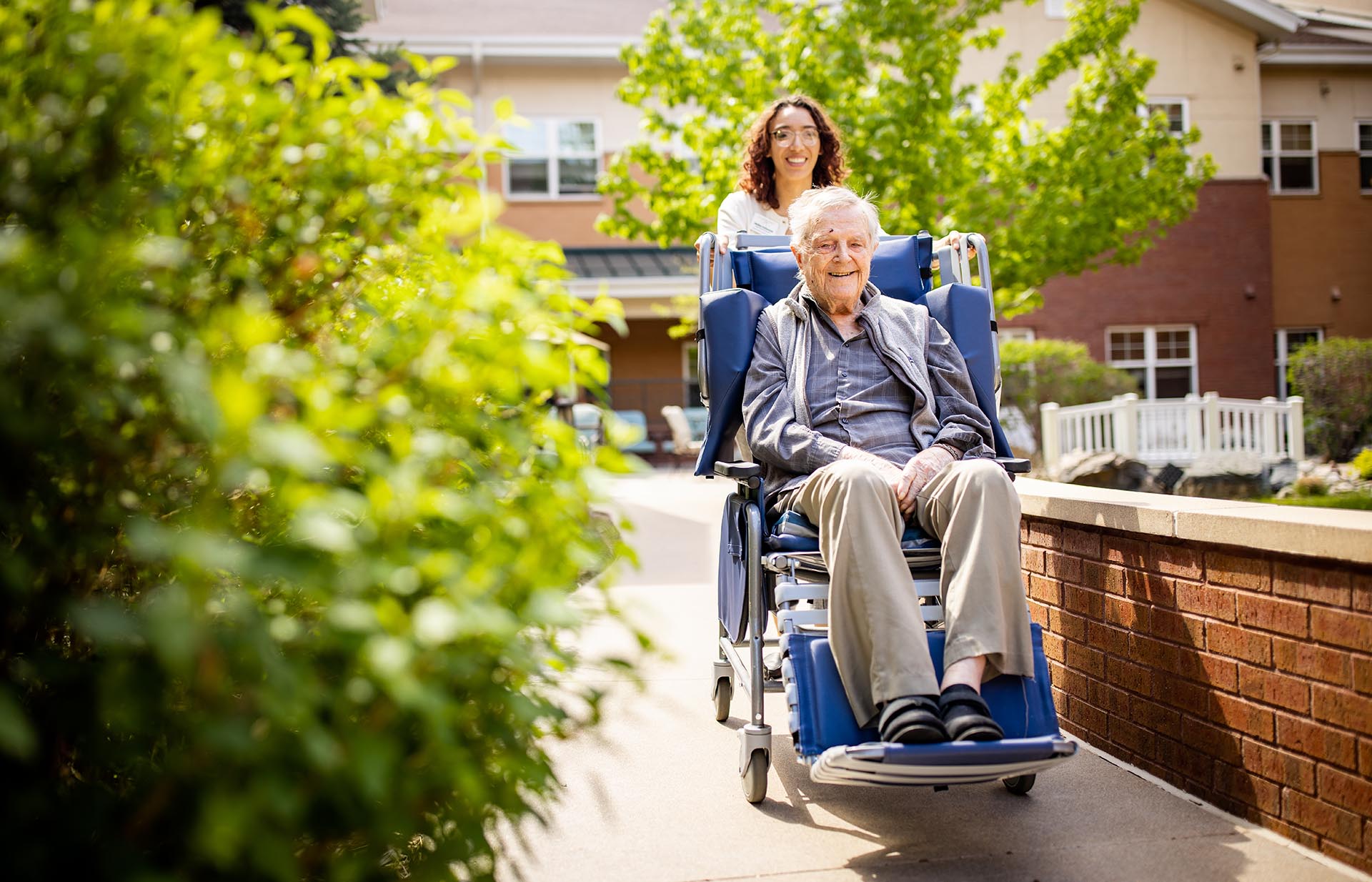
The path to the profession for Schwartz, who is from Seattle, has taken a few twists and turns. She spent a year living in the Middle East after high school, then returned home to attend cosmetology school and launch a career in hairstyling and care.
After suffering an injury that gave her perspective on the physical demands and financial risks of that road ahead, Schwartz had an epiphany: Her favorite clientele were those older folks who would walk from the nearby long-term-care facility to see her.
“In retrospect, that was the best thing that could have happened,” she said.
RELATED: Air Force lieutenant works toward her master’s while stationed overseas
Seeking a diverse and nontraditional student body, Schwartz relocated in 2021 and soon decided to study at MSU Denver. She discovered the Aging Services minor and qualified for the related Aging Services digital badge, which she displays on her LinkedIn profile and promotes while networking at professional conferences.
Schwartz said her internship with Clermont Park, secured through the University’s Classroom to Career Hub, introduced her to warm and welcoming colleagues. Now, in her full-time role as a life-enrichment associate, Schwartz leads programming in physical, intellectual, spiritual and social activities, getting to know residents on a deeper level.
“You absolutely can live with purpose, even at 105,” she said.
That kind of holistic, whole-person approach is a big part of the MSU Denver curriculum and initiatives such as the forthcoming Simulation Labs at the University’s Health Institute, slated to feature a model home-care facility.
“What I appreciate about a place like MSU Denver is the focus on placing people directly into working environments,” said the Colorado Health Care Association’s Farmer. “When they graduate, they have that applied understanding and competence — that’s really important to building future industry leaders.”
RELATED: Colorado needs health care workers. MSU Denver has a plan to provide them
For Schwartz, the experiential academic path has become both a career and a calling, in and out of the classroom. She noted the transformative impact of connecting with Holocaust survivors and people who were alive during the civil-rights movement, honoring these living accounts of history.
“It’s so important to honor these stories, and every time I meet a new elder, it’s a privilege. … The next generations will have their own elders too,” she said. “I’m so grateful I’ve found places I can grow that are equally dedicated to my success.
“I’ve learned so much about health care — but even more about myself.”


